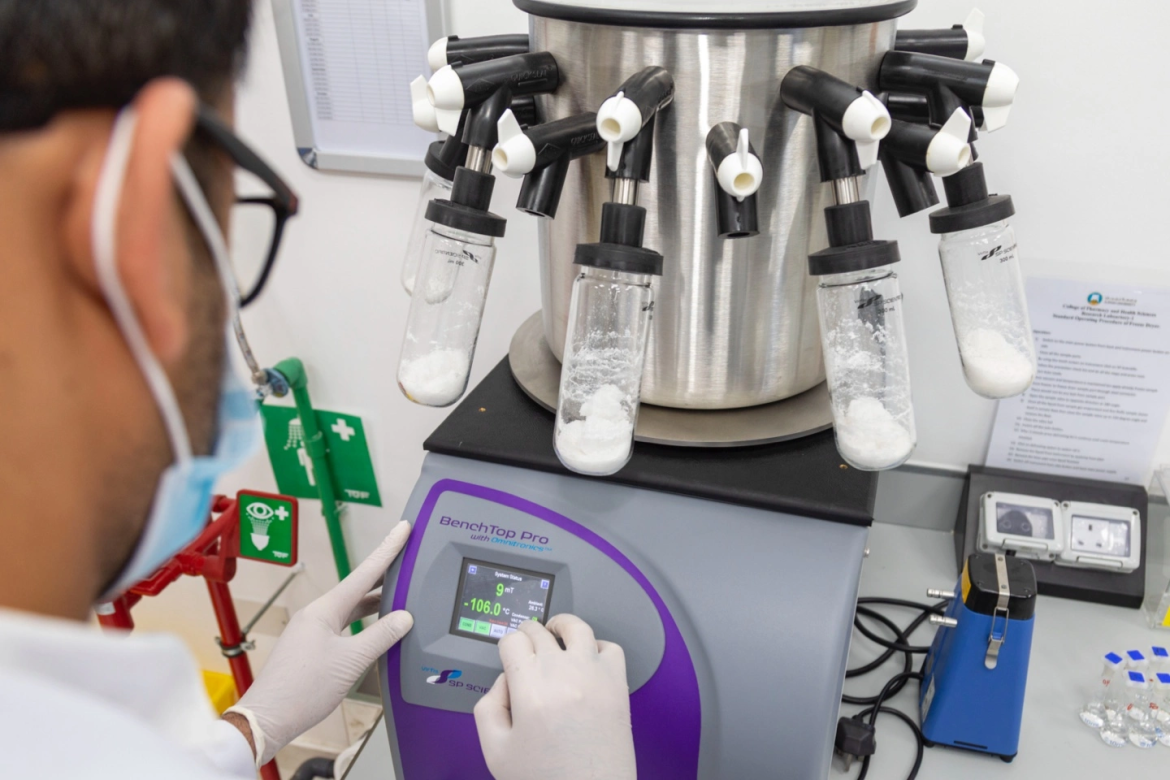A Data Science degree is an educational pathway that not only equips you with valuable skills but also provides a deep understanding of the data-driven world we live in. The field of data science is multidisciplinary, drawing from computer science, statistics, and domain expertise to extract insights from vast datasets. In this guide, we will discuss the knowledge and expertise you can gain by pursuing a Data Science degree, emphasizing the practical and theoretical aspects that form the foundation of this rapidly evolving field.
Data manipulation and analysis:
A fundamental aspect of data science is the ability to collect, clean, and analyze data effectively. With a data science degree, you will learn how to work with large datasets, apply statistical techniques to extract meaningful insights, and employ data visualization tools to communicate your findings. This skill is crucial for making informed decisions based on data.
Programming and data processing:
Data scientists are often proficient in programming languages such as Python and R. You will learn how to write code to process and analyze data, automate repetitive tasks, and develop custom solutions to specific data challenges. Programming is the backbone of data science and an essential skill for any data scientist.
Machine learning and predictive modeling:
Machine learning is a core component of data science. You will gain knowledge of various machine learning algorithms, including supervised and unsupervised learning, regression, clustering, and classification. This expertise allows you to build predictive models that can make data-driven predictions and decisions.
Data mining and pattern recognition:
Data mining involves uncovering hidden patterns and relationships within data. By studying data science, you will develop the ability to identify trends, anomalies, and valuable insights that might not be immediately apparent. This skill is invaluable for businesses looking to gain a competitive advantage.
Data ethics and privacy:
With the increasing importance of data in decision-making, understanding data ethics and privacy is crucial. Data science programs often include discussions of ethical considerations related to data collection, usage, and sharing. You’ll learn to work within legal and ethical boundaries when handling sensitive data.
Real-world projects and practical experience:
Many Data Science degree programs incorporate real-world projects and practical experience. These projects challenge you to apply your skills to actual data problems. By working on such projects, you gain hands-on experience and build a portfolio that showcases your abilities to potential employers.



